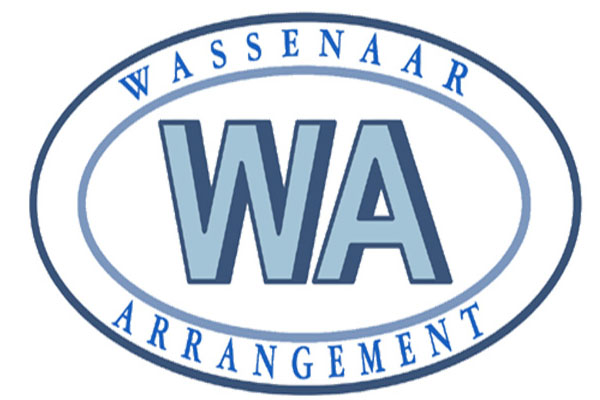The Wassenaar Arrangement: Navigating Global Export Controls

Introduction
The Wassenaar Arrangement on Export Controls for Conventional Arms and Dual-Use Goods and Technologies is a multilateral export control regime (MECR) established in 1996. It succeeded the Cold War-era Coordinating Committee for Multilateral Export Controls (COCOM), aiming to contribute to regional and international security and stability by promoting transparency and greater responsibility in transfers of conventional arms and dual-use goods and technologies, thereby preventing destabilizing accumulations. Participating states seek to ensure that transfers of these items do not contribute to the development or enhancement of military capabilities that undermine these goals and are not diverted to support such capabilities.
Basic Use
The Wassenaar Arrangement facilitates the exchange of information among member countries regarding the transfer of arms and dual-use goods and technologies, with the intent of preventing the acquisition of these items by states or groups of concern. It is designed to be implemented by each participating state through their national export control systems, adhering to the agreed list of controlled items updated annually.
Key Provisions
- Control Lists: The Arrangement maintains and annually reviews two control lists – one for conventional arms and another for dual-use goods and technologies.
- Information Exchange: Requires participating states to exchange information on denials of transfers of controlled items and, in some cases, on the transfers themselves.
- National Policies: Encourages the development of national policies and procedures to implement the control lists and the agreement’s guidelines.
Benefits
- Enhanced Security: Aims to contribute to global and regional security by preventing the proliferation of arms and sensitive dual-use technologies.
- International Cooperation: Promotes cooperation among member states, enhancing the effectiveness of international export controls.
- Transparency: The information exchange mechanism increases transparency in the transfer of arms and dual-use goods, fostering mutual understanding and trust among participating states.
Drawbacks
- Implementation Variances: Differences in national implementation of the Arrangement’s guidelines can lead to inconsistencies, affecting international cooperation and competitiveness.
- Economic Implications: Export controls can have unintended economic consequences for industries involved in the development and export of controlled items, potentially limiting market access and innovation.
- Limited Membership: The effectiveness of the Wassenaar Arrangement is somewhat limited by its membership, as not all countries with significant arms exports or advanced technology industries are participants.
Conclusion
The Wassenaar Arrangement plays a crucial role in the international effort to regulate the trade of conventional arms and dual-use goods and technologies, aiming to prevent their diversion to unauthorized users or harmful uses. While it faces challenges in terms of implementation and economic impact, the Arrangement’s contribution to global security and stability is significant. By fostering international cooperation and transparency, the Wassenaar Arrangement helps to ensure that trade in sensitive items is conducted responsibly and in support of international peace and security. Continuous dialogue among participating states, along with efforts to address the limitations and challenges, is essential for enhancing the effectiveness of this pivotal international agreement.
